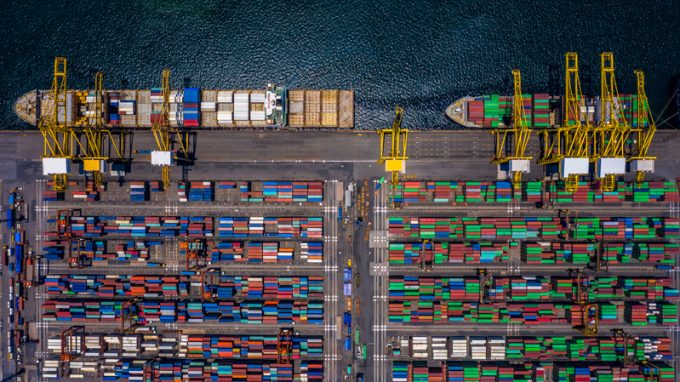New barge services a boost for shippers looking to source in Vietnam
The growing appeal of Vietnam as a sourcing location has always been challenged by its ...

With free trade under threat and globalisation slowing, terminal operator DP World plans to give container supply chains a boost with “an integrated, asset-based approach” to logistics and digitisation.
Andrew Hoad, DP World’s chief executive for Asia Pacific, said digitisation was paving the way for new ...
CMA CGM South Korean staff strike over bonuses after bumper 2024 profit
MSC switches two more Asia-Europe port calls from congested Antwerp
Ports and supply chain operators weigh in on funding for CPB
Nightmare for Bangladeshi exporters as congestion and tariffs bite
Carriers introduce surcharges as congestion builds at African ports
Box ship overcapacity threat from carrier appetite for new tonnage
CMA airline returns two freighters, while ANA takeover of NCA looms
Tradelanes: Export boom in Indian sub-continent triggers rise in airfreight rates

Comment on this article